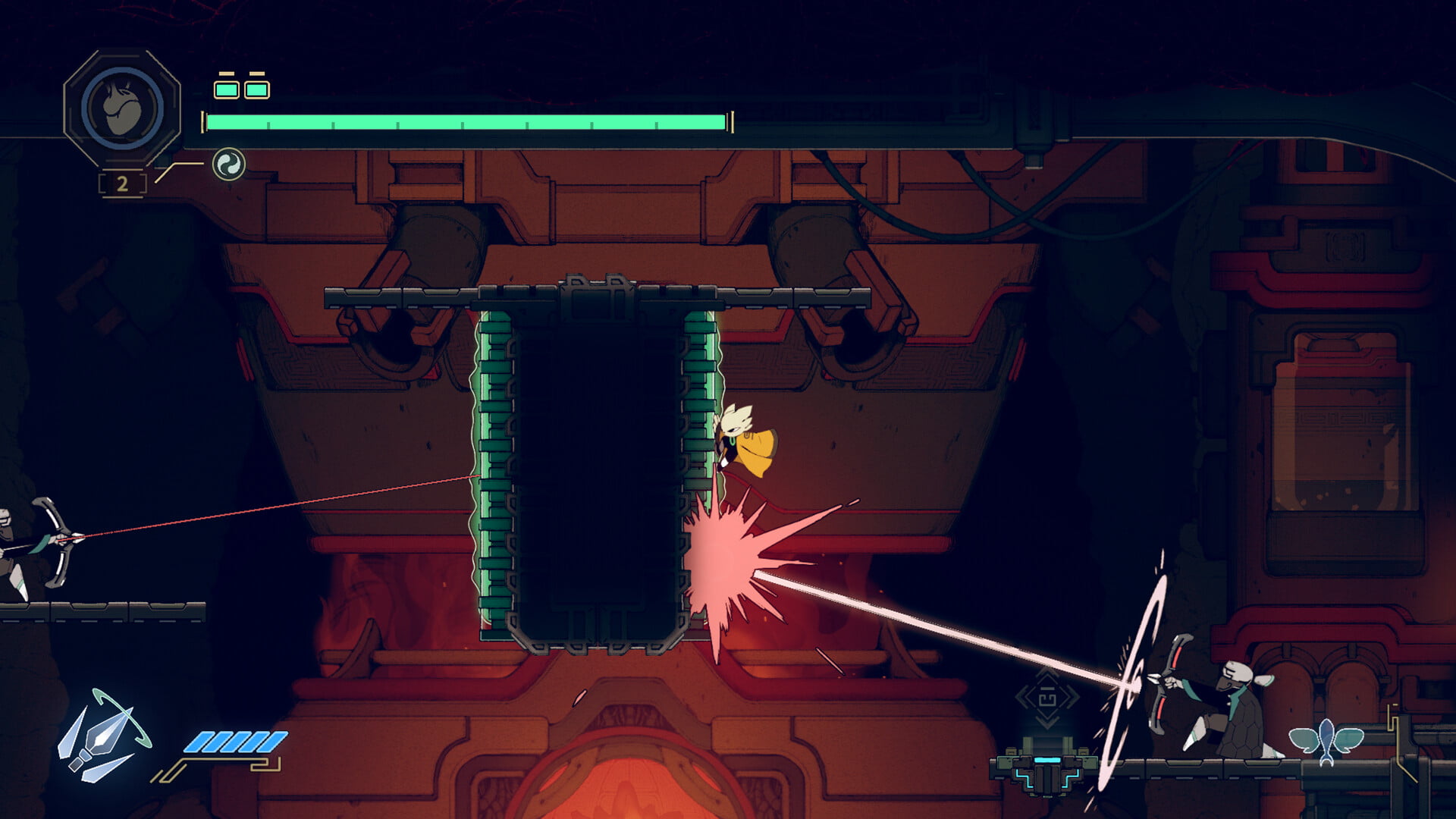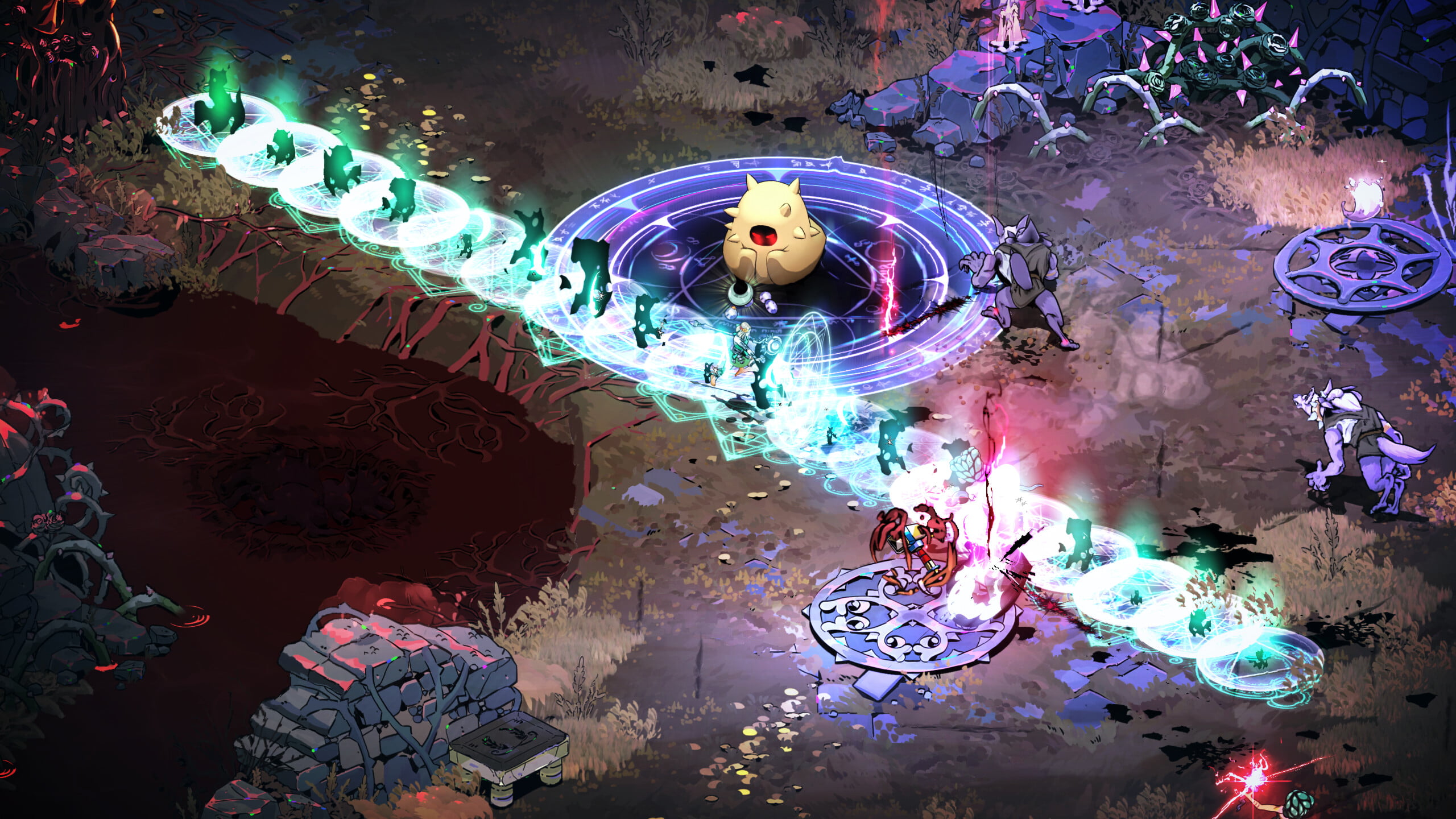What makes a good parry? It’s something that’s been at the forefront of my mind while playing Lies of P.
When I think of good parries, I think of games like Sekiro: Shadows Die Twice, Wo Long: Fallen Dynasty, Unsighted, and Lucah: Born of a Dream. Games that understand the importance of making the parry timing clear, that provide safeguards should you be just a tad off on the timing to ensure you’re not punished for trying and failing. That last part is important because making parries a core mechanic you’re expected or required to engage with requires a kinder approach. It’s easier to engage with a parry system when it’s approachable and accommodating.
Lies of P does not follow these ideas. Its idea of a parry is closer to that of Dark Souls: a high-risk move that provides strong reward on a successful attempt and requires extremely specific timing to perform. That sort of approach makes sense when it’s an optional function, one of many tools in your repertoire. But Lies of P is not a game where it is an optional action. Lies of P expects you to engage with its parry and to learn to perform it consistently, but also punishes you harshly for failing to do so.

It’s the contradiction that lies at the heart of Lies of P. It’s a game that wants you to parry, expects you to, but also wants it to be a high-risk option with all that entails. Imagine playing Dark Souls but parries were the defensive option and you’ll have a good idea of what playing Lies of P feels like. It is frustrating and punishing to a degree that is ruinous rather than a satisfactory challenge like its contemporaries.
In Lies of P, parries are known as “perfect blocks.” You perform them by blocking an attack just before it connects. This negates all damage entirely rather than simply reducing it by a certain percentage like a regular block does, sets an enemy up to be staggered, and also deals damage to their weapon, eventually breaking it with enough time and persistence. That only perfect blocks can negate damage is one the first signs it’s going to be important to learn and where the problems begin.
Because the parry window is so specific, successfully pulling it off is difficult. You don’t get the same leeway you do in Sekiro or Wo Long, where you can get away with deflections without worrying about the timing too much. If you screw up here, you either take a direct hit or you block and take less damage instead. In both cases you’re taking a loss, being put at a disadvantage, which doesn’t feel great. What’s the incentive to try parrying when the cost of failure is more or less the same?
Sekiro and Wo Long worked because they had your back. Unless you were really late, you would still block attacks and be safe. Likewise, Unsighted would turn a parry into a block, and in Lucah you’d be likely to dodge the attack instead since the dodge is the parry in that game. These are all games where engaging with parries are expected, but ensure you can reliably perform them by adding safeguards while still keeping the challenge intact. There are still risks! But they aren’t overly punishing. This is key because asking players to perform such a difficult action constantly is easier when the cost of failure isn’t severe.
Lies of P tries to mitigate that by allowing you to recover health lost from blocking by striking back within a certain amount of time, a la Bloodborne. But where it worked in Bloodborne because it was a means of pushing you to play more aggressively, Lies of P’s take feels more like a punitive measure to push you toward perfect blocks instead.

Lies of P is a more defense-oriented game. It’s slow and stiff, every swing of a sword having considerable windup and recovery. It makes it clear from the outset that this is a more deliberate sort of combat. Blocking is expected then — encouraged, even — but not to the degree that it’s safe. Because it wants you to use perfect blocks, regular blocking has to have a risk, otherwise there’s no reason to ever consider trying to parry. It makes sense! I see the logic. Defense being about harm reduction rather than outright avoidance is a good way to create friction in the right hands. But it just doesn’t feel great in the context of this game’s design.
I harp on the parry window a lot because it is the crux of my problems with the game. That sort of action just isn’t fun to do when it’s so punishing, especially when it’s so important. The damage on block being so high makes it feel like salt on the wound when I fail a perfect block, doubly so when I inevitably die to a combo I blocked because I had no other option.
There’s a lot that Lies of P does right and is legitimately inventive. The way it emphasizes the elemental weaknesses in meaningful ways. How you can effectively craft a weapon by mixing blades and handles. It’s a clever game with some fantastic ideas. But, god — the fucking perfect blocks. I get annoyed and frustrated just thinking about it. I really wanted to like Lies of P. I pushed through all the way to the end before finally giving up because there was enough I liked to keep going, enough to push through the frustration to try seeing how it wrapped up. I don’t know if it was ultimately worth it, though.






The parry window is an issue for sure bc the devs didn’t consider the gamers latency when it comes to their gear such as resolution, monitor, and controller; all of which play a HUGE factor on latency. FromSoftware understands this which is why it’s never been a complaint. You could literally have a high latency and still be successful in any of the Souls games. LoP not so much. From what I’ve seen the majority of ppl agree the parry window is too tight and a small group of elitist think its perfectly fine and just throw out GiTGUD. Well I did three full play thru’s one being NG+ and I still agree it’s too small. I will be passing on the DLC bc while I’m sure I could beat it, I play games to have fun; not to be pissed off all the time while I’m playing.